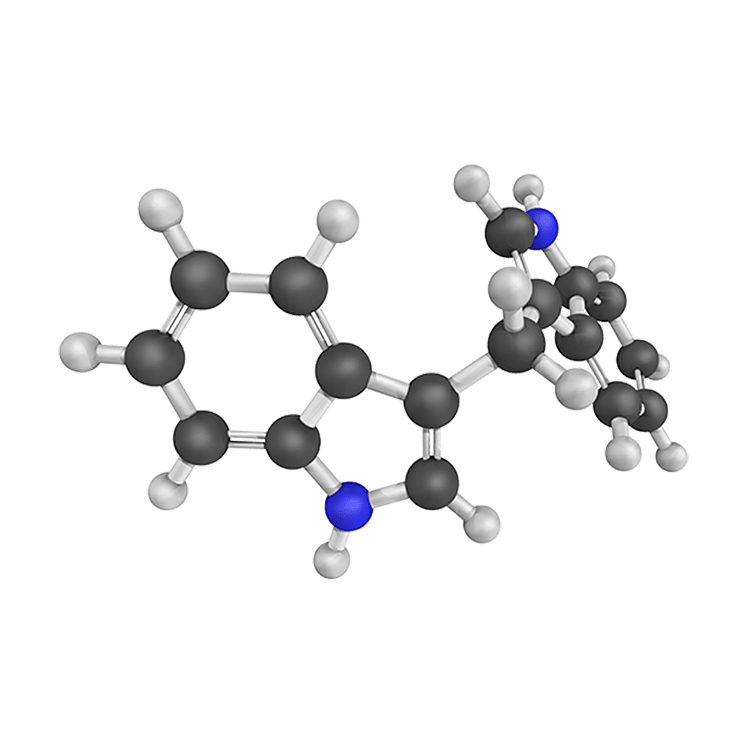In this 2021 research review authors examine clinical and preclinical research for the use of indoles derived from cruciferous vegetables. Suggesting that daily ingestion of kg quantities of Brussels sprouts is required to produce in vivo levels of DIM achievable by supplementation. In this review from 2007 data assessing the relationship between cruciferous vegetable intake and human cancer risk was assessed. Epidemiological studies indicate that human exposure to isothiocyanates and indoles through cruciferous vegetable consumption may decrease cancer risk, but the protective effects may be influenced by individual genetic variation. Supplementation with I3C or the related dimer 3,3′-diindolylmethane (DIM) alters urinary estrogen metabolite profiles in women, but the effects of I3C and DIM on breast cancer risk are not known. Small preliminary trials in humans suggest that I3C supplementation may be beneficial in treating conditions related to human papilloma virus infection but larger randomized controlled trials are needed.
References:
Higdon, J. V., Delage, B., Williams, D. E., & Dashwood, R. H. (2007). Cruciferous vegetables and human cancer risk: epidemiologic evidence and mechanistic basis. Pharmacological research, 55(3), 224–236. https://doi.org/10.1016/j.phrs.2007.01.009

